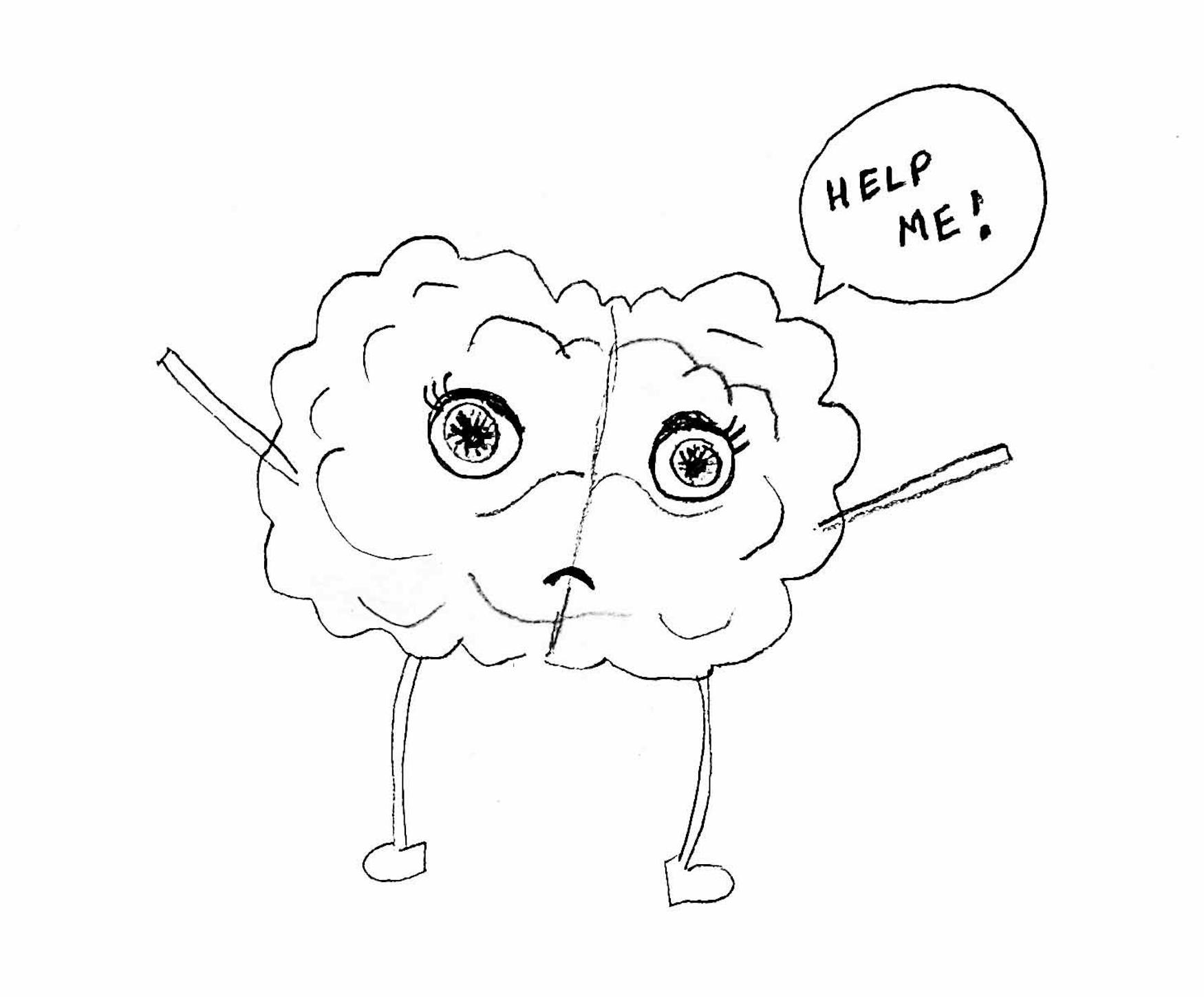Editorial: The University must address students’ plummeting mental health
In this unprecedented year, students continue to grapple with mental health struggles. Although not foreign to most, mental health has come to the forefront of everyday life, but these issues have continuously been ignored.
The college environment demands that mental health be secondary (or even lower of a priority) to academic work and success. Only then can students take a mental health day. Especially within the Brandeis environment where the culture is to be involved in many clubs and pursue numerous degrees, this becomes perilous. There was a momentary respite during the beginning of quarantine where professors and administrators were actively thinking about students’ mental health when making decisions, but any progress the COVID-19 pandemic has warranted has surely faded to the background. Although life is returning to normal, students are still grappling with conditions that started or were exacerbated by the pandemic, and this will not dissipate any time soon. This board calls on the University to make some changes, outlined below, for the safety and well being of its students.
The Brandeis Counseling Center is in dire need of more resources. Students often have to wait periods of time before being seen by a professional at the BCC. Once they are finally seen, students do not always receive all the care they need. The short-term stabilization method that the BCC has operated under is no longer working. Especially because the BCC is many students’ only mental health resource, students should not be denied care, and systems should be in place that allow for more long-term care if needed. This board urges the University to invest in its mental health resources and hire more mental health professionals.
Another way that the University can support students is by committing to scheduled mental health days. This would serve as a preventative measure to allow students recovery periods so that more serious problems do not develop. October will prove to be a stark shift for students who have become accustomed to the September holiday breaks. That being said, it is important to note that those holidays were not a “break” for mental health respite for those within the University community who practice Judaism. These individuals should not be penalized due to religious observances.
This board would like to acknowledge some of the positive steps that the University has taken, including making community therapy more widely available — each student can engage in three sessions per year for free.
We also appreciate that the University is seeking feedback from students about block scheduling for future semesters, and this board encourages all students to complete the survey sent out to all students on Sept. 29 from the Office of the Provost before Monday, Oct. 11.
The members of this editorial board urge the University to seriously consider all of these points as they continue to make decisions about the future. We wish all students luck and stability in the months ahead.
Crisis resources:
Crisis Text Line: Text Go to 741741 or call 1-800-273-TALK (8255)
The Lifeline provides 24/7, free and confidential support for people in distress, prevention and crisis resources for you or your loved ones.
Brandeis Students Rape Counseling and Crisis Hotline (10 pm-2 am academic year only)
From your cell phone: 781-736-8255
Prevention, Advocacy and Resource Center
A trained Advocate is always available via the 24/7 hotline: 781-736-3370. For non-emergency questions, presentation requests, or appointment scheduling, you can email parc@brandeis.edu.




Please note All comments are eligible for publication in The Justice.